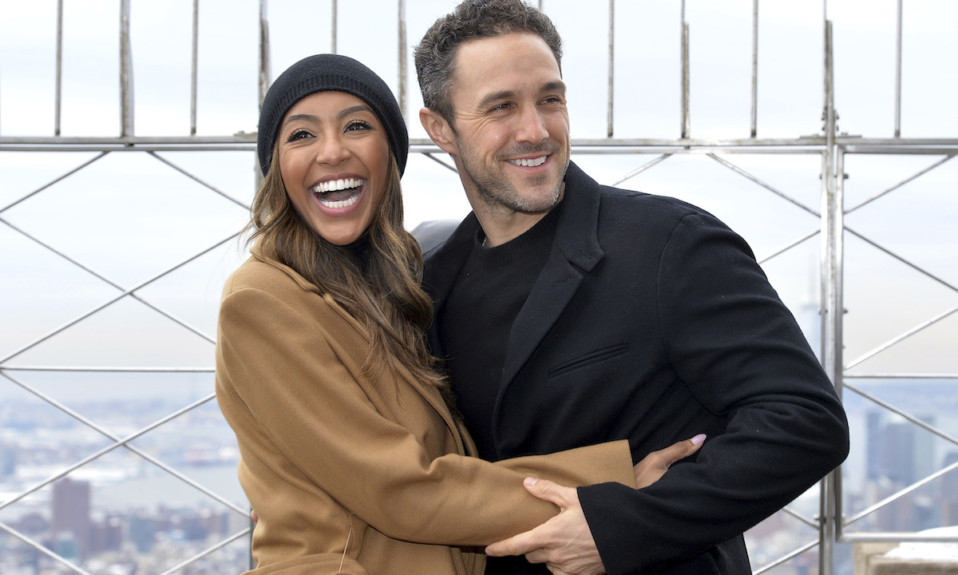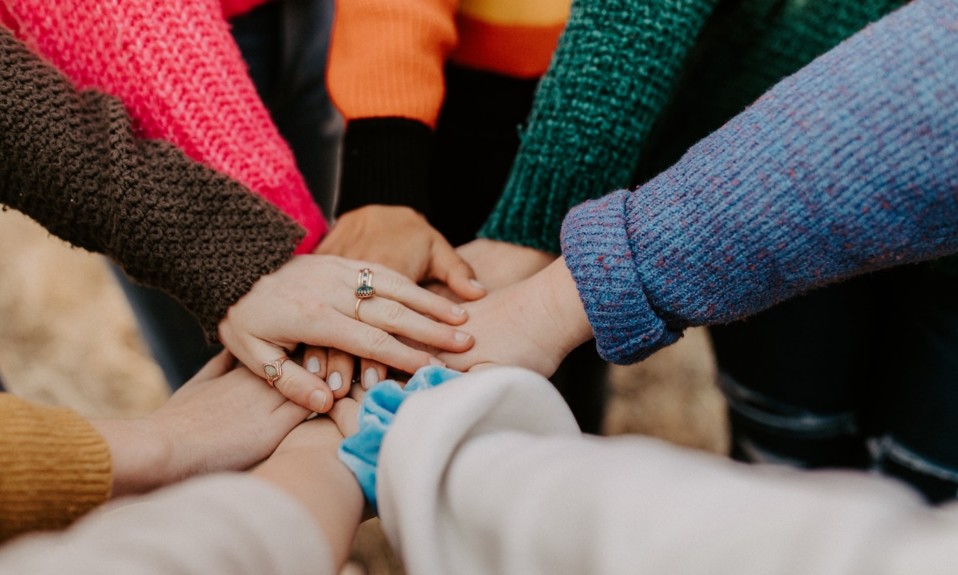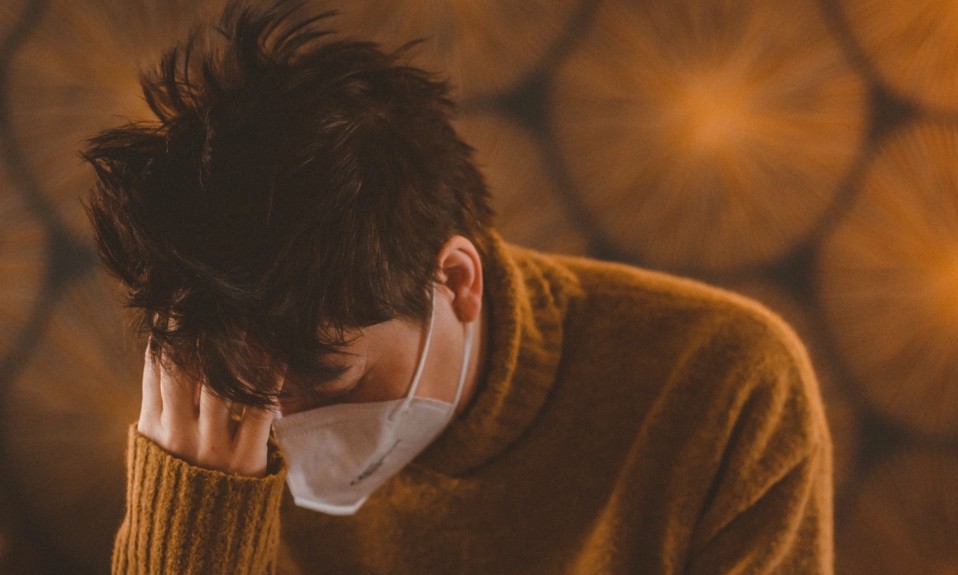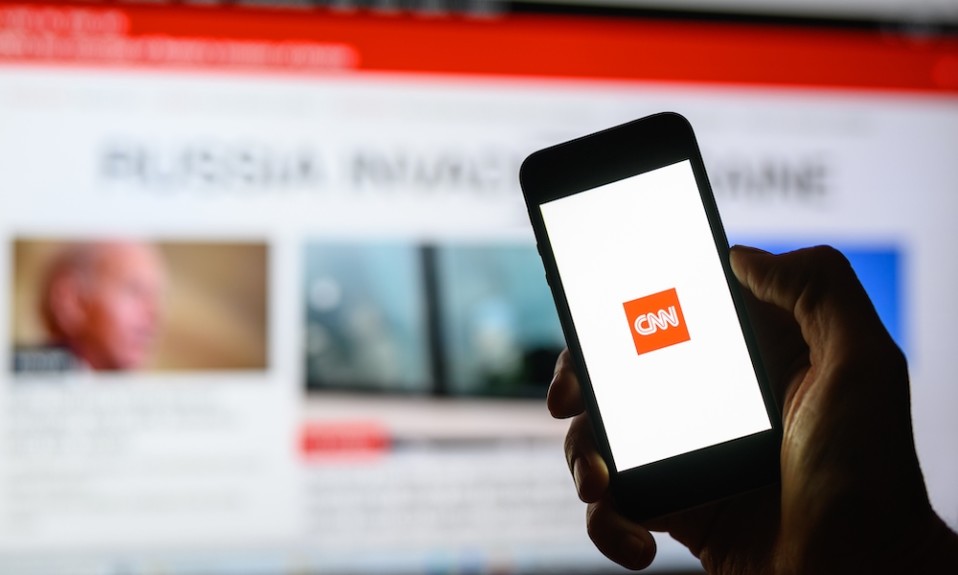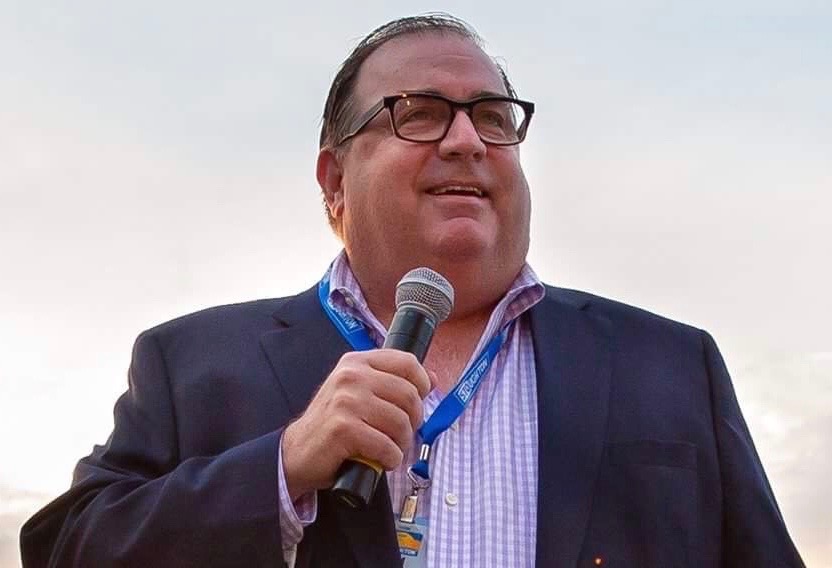The former Bachelorette star [pictured] has teamed with the treatment provider to launch a DEI scholarship treatment program
By Jason Langendorf
The number of people in need of addiction treatment far exceeds the number who actually receive it, and the reasons for that disparity are as varied as access, demographics and finances.
In an alliance between two organizations and a reality TV star, a program has been designed to address each of those areas in which the system falls short. This summer, Ashley Addiction Treatment of Havre de Grace, Md., and the recovery services provider Release Recovery—whose co-founder, Zac Clark, appeared in season 16 of The Bachelorette—announced their partnership in launching the Ashley Diversity, Equity and Inclusion (DEI) scholarship program. The initiative, which has already raised more than $500,000, was established to remove financial barriers for people of color to receive access to quality, evidence-based addiction treatment.
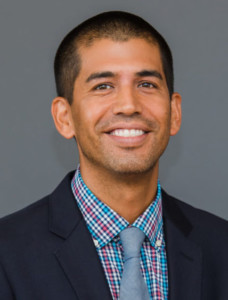
Over the next year, Ashley Addiction Treatment and Release Recovery plan to serve no fewer than 24 people of color who are in need of addiction treatment and experiencing financial hardship. The DEI scholarship program has its roots in the friendship among Ashley president and co-CEO Alex Denstman and Recovery Release co-founders Justin Gurland and Clark, but its beating heart is the trio’s shared commitment to helping anyone and everyone in need of addiction treatment.
“We had a professional relationship,” Denstman says of the Ashley and Release organizations. “We’ve referred patients to their program and had tremendously successful outcomes, and prior to this initiative, we just had big respect for the work they do. The notoriety that came from Zac appearing on the show, I think, in part led them to have some success with fundraising. And when they founded the foundation, they sought us out and said, ‘Hey, there’s a funding opportunity here, and we want to invest in programs that are like-minded to us.’”
The Genesis of the DEI Scholarship Program
The odd mingling of Clark’s star turn and the unfortunate events of recent months created an inflection point that led the partner organizations to reconsider the population they were serving.
“Release Recovery is a private-pay company,” Gurland says. “And last year, right before this pandemic, we were sitting there saying, ‘We know we’re really good at treating people who can afford treatment, who can afford our services. What about the other 99.999% of the country who can’t?’”
Denstman, Gurland and Clark—all three of whom are white males—contemplated the death of George Floyd, protests over racial inequality and police violence, and huge gaps in access to treatment that were exacerbated by the COVID-19 pandemic. The confluence of events was too pressing to ignore, a sign that they needed to find a way to do more.
There is no way I can pretend I know what it feels like to be persecuted as a minority. We just want to be able to do our part in getting funds into the hands of people we know need it.”
—Justin Gurland, Release Recovery
“Anybody can post a black screen on their Instagram or on their social media and feel like they’re doing their part,” Gurland says. “But we really wanted to put our money where our mouth is. There is no way I can pretend I know what it feels like to be persecuted as a minority. We just want to be able to do our part in getting funds into the hands of people we know need it.”
Denstman and Gurland know Clark’s fame can cut both ways, but they’re less concerned about any skepticism regarding the reality star’s seriousness and more interested in his fundraising capabilities and the lives they expect to change together.
“There’s a whole range of responses to it,” Denstman says of Clark’s Bachelorette background. “We’re really proud that he has used his platform—however it is that he achieved it, whether it was through a reality dating show or whatever—for good. He’s been a great spokesperson for our field.”
Denstman emphasizes that the DEI efforts of Ashley and Release haven’t been limited to the scholarship program. They also extend to thinking hard and acting accordingly on related components, such as staff training, recruitment and representation.
“We understand there’s more to this,” he says. “It’s not just providing treatment. It’s creating a more positive treatment experience for patients. The commitment on both our parts is actually much deeper than the financial piece.”
How the Program Works
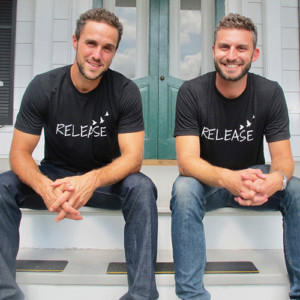
Denstman says the DEI scholarship program selects patients who have submitted through Ashley’s typical application process after screening for means and assessing treatment needs. He encourages anyone in the Baltimore and Washington, D.C., area (and beyond) who has treatment needs to reach out, but he also recognizes that Ashley and Release will need to be proactive in connecting with new populations.
By conducting outreach to communities for which Ashley’s services once had been out of reach (or completely unknown), the hope is that the scholarship fund will funnel money to where it’s most urgently needed.
“Nonprofit treatment centers are traditionally excellent at raising money,” Gurland says. “People whose lives are saved as a result of recovery want to give back in some way. They want to make a donation, and a lot of times I think those donations are being made somewhat blindly. You know: ‘Use it where it’s needed.’
“But if we can have initiatives like this, where it could be really focused on something specific rather than a general scholarship fund or a new dining room or whatever, it could be really exciting. Whether it’s people of color or women or LGBTQ—populations that are underserved—hopefully we can get them into treatment and give the gift of recovery to as many people as possible.”
Top photo: AP Images


